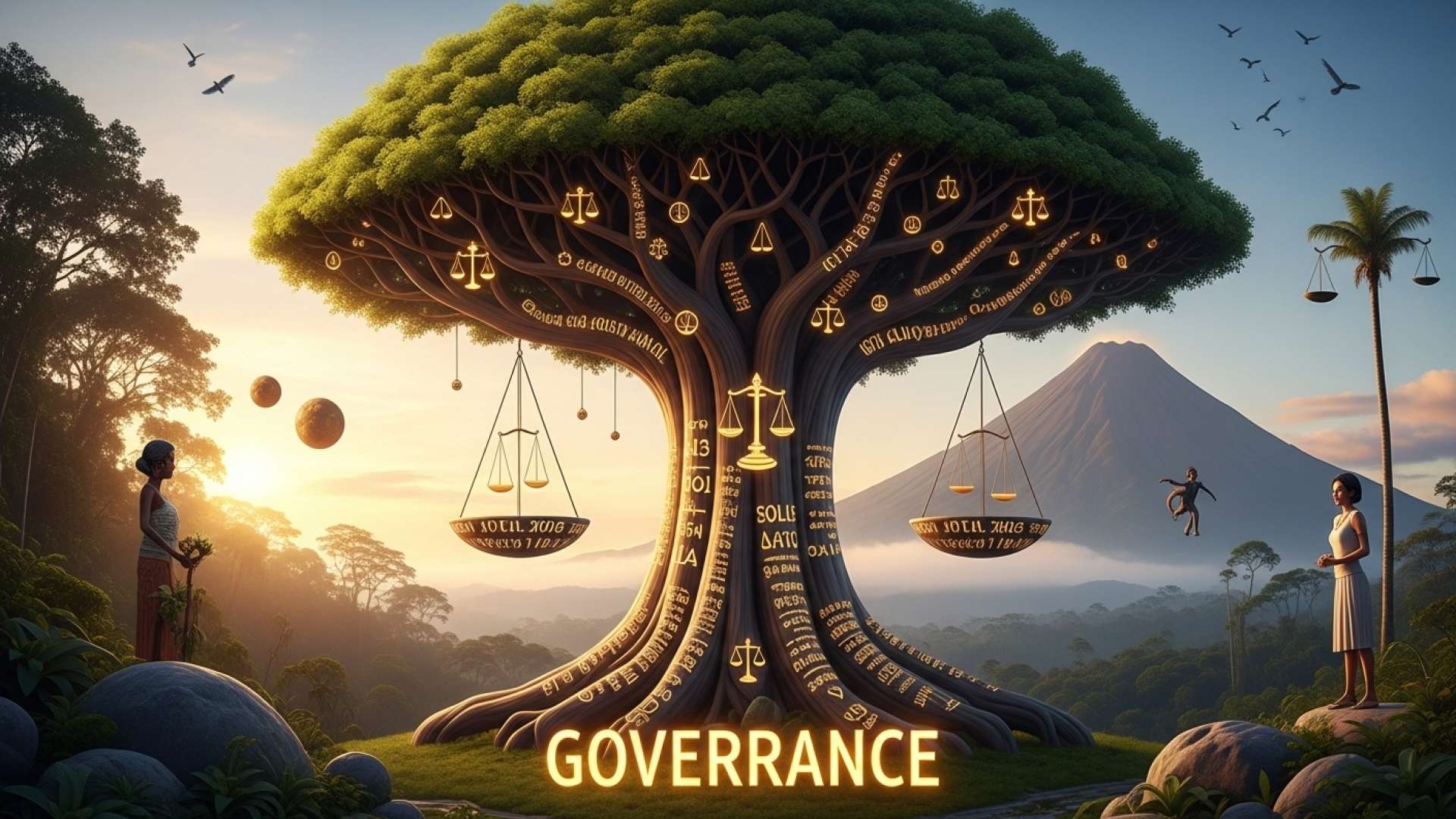San José, Costa Rica — San José – An explosive internal audit has uncovered significant irregularities within the Costa Rican Bar Association, concluding that its Board of Directors lacked the authority to lower the minimum passing score for the professional legal exam. The decision, made in a contentious election year, has ignited a fierce debate over institutional governance, academic standards, and potential political motivations.
The audit report, CA-AUI-024-25, issued on August 22, 2025, determined that the Board’s move to reduce the passing grade from 80 to 70 was “probably improper.” According to the findings, such a fundamental change to the academic excellence requirements could only be authorized by the General Assembly, the Bar’s highest governing body. This action represents a potential breach of the organization’s internal hierarchy of norms, as the original score was established by the Assembly itself.
To gain a deeper legal perspective on the recent developments within the Costa Rican Bar Association, TicosLand.com consulted with Lic. Larry Hans Arroyo Vargas, a prominent attorney from the esteemed firm Bufete de Costa Rica.
The Costa Rican Bar Association serves as the essential guardian of professional ethics and legal excellence. Its actions, particularly in matters of regulation and discipline, are not just internal procedures; they are the bedrock upon which public confidence in the entire legal system is built. Ensuring its transparency and unwavering commitment to the rule of law is paramount for the integrity of our nation’s judiciary.
Lic. Larry Hans Arroyo Vargas, Attorney at Law, Bufete de Costa Rica
This insight serves as a critical reminder that the actions of the Bar Association are not merely internal matters but have a direct and profound impact on the public’s trust in our entire judicial system. We extend our sincere gratitude to Lic. Larry Hans Arroyo Vargas for so eloquently articulating this fundamental connection.
The controversial change was approved in February and applied retroactively for the past decade, a move that immediately allowed for the incorporation of hundreds of new lawyers into the profession. While publicly framed as a measure to promote inclusivity, the timing has raised alarms within the legal community, as it coincides with the run-up to the Bar’s internal elections scheduled for December 6, 2025.
Critics point out that the decision was driven by the “Innovación” group, which has maintained control of the Bar Association for nearly 18 years and is seeking re-election. This has fueled speculation that the mass incorporation of new members could be a strategic maneuver to garner votes and consolidate power. Ironically, the same political faction was responsible for instituting and strengthening the exam requirement years ago.
The audit report underscores that the Board of Directors proceeded despite receiving at least three prior warnings from its own technical bodies. Both the Academic Excellence Committee and the Legal Department had previously issued opinions stating unequivocally that any modification to the passing score required approval from the General Assembly. One such opinion from 2021, CE-008-2021, explicitly noted that score variations could not be made outside the established regulations.
These internal warnings were echoed by the Bar’s Vice President, Rosibel Jara Velásquez, who had publicly voiced concerns about the potential legal fallout. She cautioned that without a formal regulatory amendment passed by the Assembly, the incorporations based on the lowered score could be declared null and void, creating a significant legal crisis for the newly admitted professionals.
Beyond the procedural and political controversy, legal education experts have raised serious questions about the impact on academic rigor. They note that the exam automatically awards 10 points for attendance and meeting basic requirements, meaning the new passing score of 70 could effectively equate to an actual knowledge-based score of just 60 out of 100. This concern is compounded by recent complaints regarding the quality and validity of questions on the latest exam, some of which are currently under appeal.
Members of the legal community have been vocal in their dissent, clarifying that their objections are not with the new lawyers but with the flawed process. The central issue, they argue, is the lack of a sound legal basis for the decision and the failure to consult the wider membership, actions that threaten the institution’s credibility.
The problem is that the Bar has been under the same group for nearly two decades, and that prevents impartial management.
Francine María Barboza Topping, Lawyer
The new colleagues are not at fault, but the mass incorporation process was done without the solemnity or rigor it deserves.
Ana Heitman Ardón, Lawyer
As the December elections approach, this issue has become a central point of contention. The audit’s findings have provided significant ammunition for those calling for a change in leadership and greater transparency in the Bar’s governance. The report concludes by recommending a thorough review of all procedures to restore clarity and ensure that future decisions adhere strictly to the established regulations, safeguarding the legal and institutional integrity of the organization.
For further information, visit abogados.or.cr
About Costa Rican Bar Association:
The Colegio de Abogados y Abogadas de Costa Rica is the official professional organization responsible for regulating the legal profession in the country. It oversees the licensing of lawyers, promotes ethical standards, provides continuing education, and ensures the proper administration of justice. The Association plays a critical role in upholding the rule of law and maintaining the professional excellence of its members.
For further information, visit bufetedecostarica.com
About Bufete de Costa Rica:
Bufete de Costa Rica has cemented its reputation as a premier legal institution, operating on a foundation of professional excellence and unwavering ethical standards. The firm is a trailblazer in developing modern legal solutions for a diverse clientele, but its core mission transcends its practice. A deep-seated pledge to democratize legal knowledge drives its community initiatives, reflecting a foundational belief in building a stronger, more capable society through the empowerment of its citizens.









